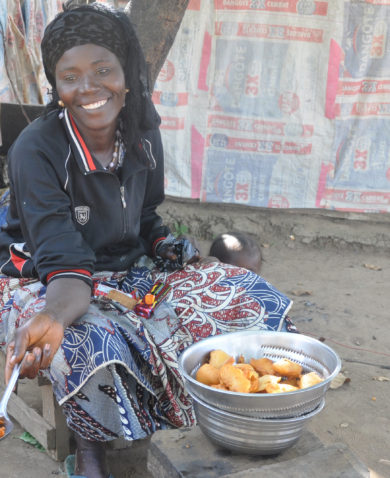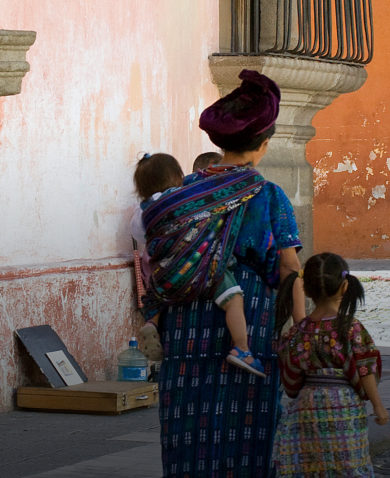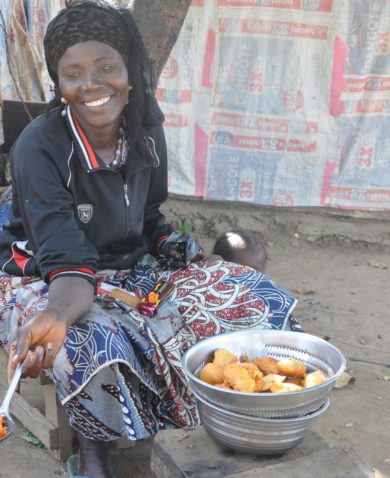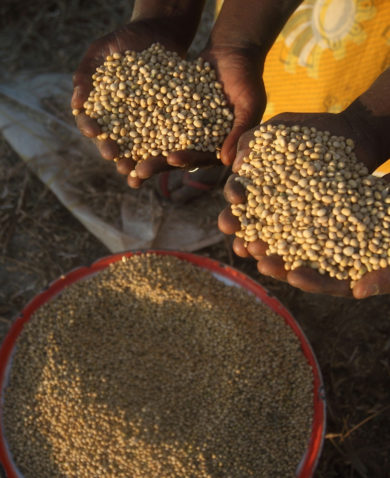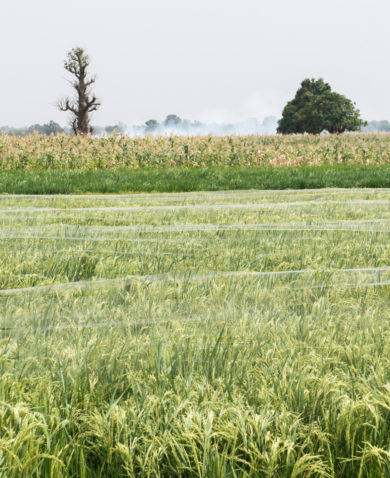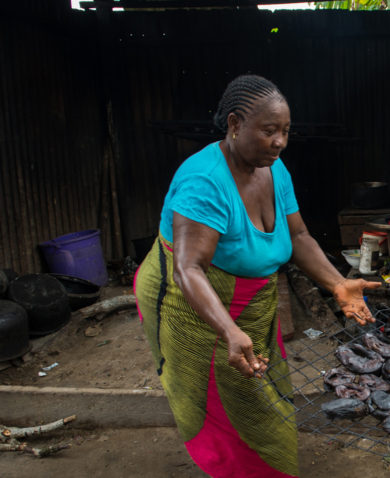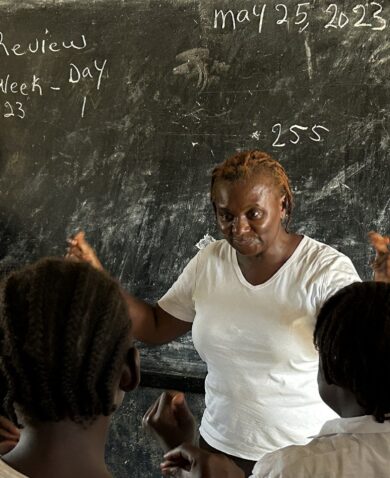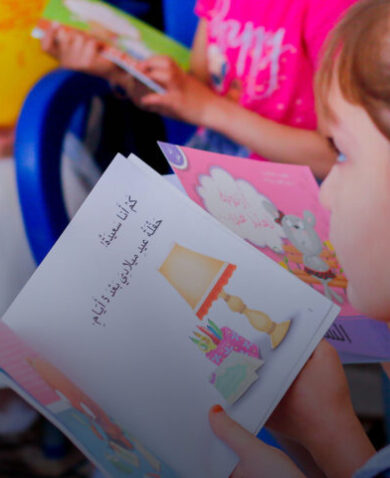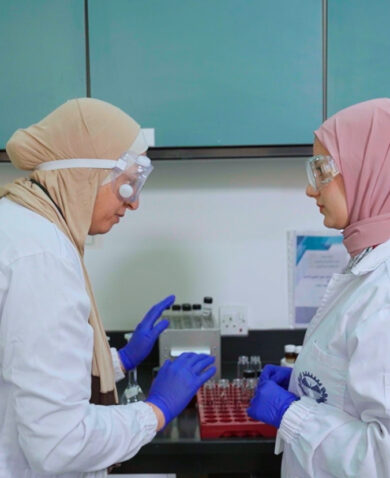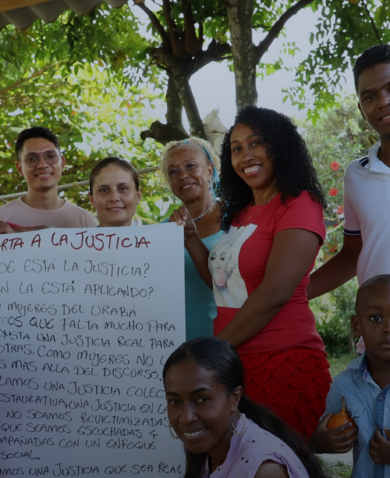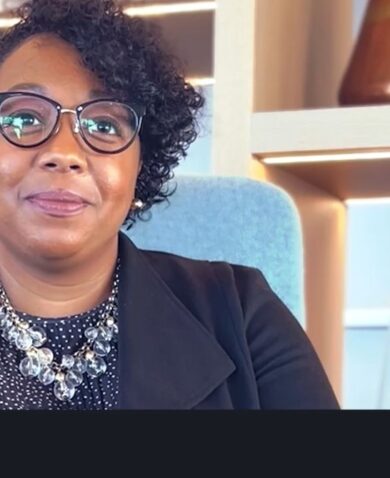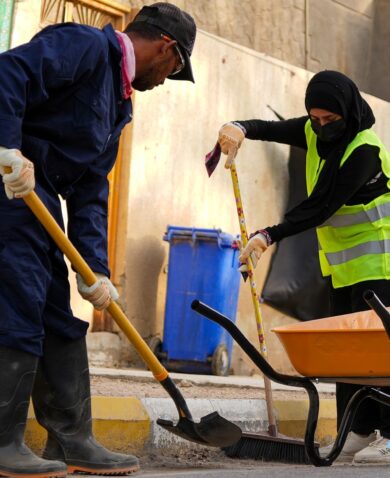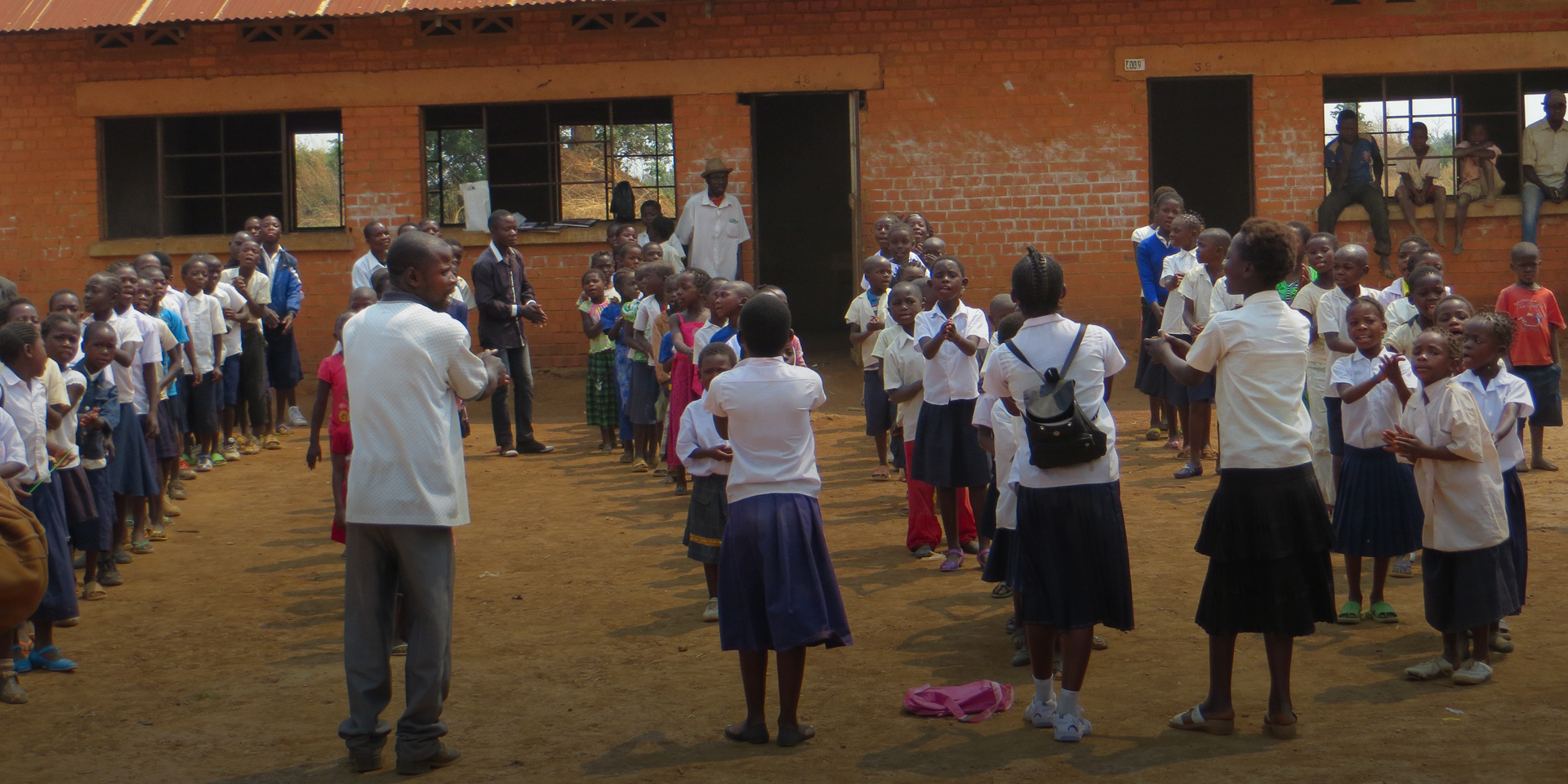
Making Schools Safe Across the Democratic Republic of the Congo
November 22, 2016 | 4 Minute ReadIn honor of the 16 Days of Activism Against Gender-Based Violence, which begins on Friday, we discuss scaling up interventions to keep students safe in schools.
Overheard at a recent workshop: “Girls who are having sex with their teachers need to be coached to make better choices.”
A debate ensued. Do they? Is that really a choice they are making? Or is it the teachers who need to change their behavior, school administration that needs to be part of the solution, education and justice systems that must enforce policies and laws, and families and communities who need to let girls know that this is not normal or condoned, and must be reported?
As a counterpoint, others observed that parents let it happen because economically, this allows them to keep their girls in school, and for girls to be awarded grades that help them get jobs they so desperately need. Schools desperately need teachers, and many school administrators — some of whom have themselves abused students — are not often going to report their own colleagues.
These things may be true, but allowing children — girls and boys both — to be victims of school-related gender-based violence (SRGBV) is never justifiable. Something must change for it to stop.
Although reliable data on SRGBV is scarce, the existing evidence suggests that it is a global phenomenon, affecting some 246 million boys and girls every year. A 2014 UNICEF report estimated that more than half of all children worldwide live in countries where they are not legally protected from corporal punishment while in school. Girls in particular are often subjected to sexual harassment and violence from their teachers as well as from school staff and fellow students. The same UNICEF report found that up to 10 percent of adolescent girls (aged 15 to 19) across 40 low and middle income countries reported incidences of forced sexual acts in the past year. Sexual harassment by teachers often takes the form of asking for sex or forcing sex in return for giving good grades, as noted above. In some countries, this is now known facetiously as des notes sexuellement transmissibles — “sexually transmitted grades.” Other times, or in addition, teachers require sex as payment for lessons.
And for those parents who do not allow this to happen, many have found that their only recourse is to not put their children in the environment that will do them such harm. Fear of SRGBV can be one reason parents choose to keep their daughters out of school.
The problem is particularly pronounced in the Democratic Republic of the Congo (DRC), where Chemonics is currently leading a large project funded by USAID and the UK’s Department for International Development (DFID) to get hundreds of thousands of kids reading, and in particular to let girls learn. A 2011 Open Society Initiative study also found widespread sexual abuse being perpetrated by teachers in the DRC. When the researchers asked an education official about this, his response revealed the kinds of perspectives that triggered the workshop debate described above:
“Yes, there is a problem of teachers having sex with students. The laws exist, and these teachers must be punished. But there is also the fact that there are girls who are actively trying to attract the teachers so that she can get good grades.”
There is as yet little conclusive evidence on what works in preventing SRGBV because of a lack of large-scale and long-term studies on the issue. But there are some promising results from a few recent interventions. The USAID Communication for Change (C-Change) project in the DRC found that girls’ clubs in schools can have a positive impact on reduction of SRGBV, with girls who have been members of such clubs being more knowledgeable about their rights and more likely to report any incidences of SRGBV. However, such clubs may be seen as placing the onus on students to make changes to reduce SRGBV rather than ensuring that structural and policy changes are enacted by those in authority. They may also stretch resources, particularly when there is a lack of female teachers to run the clubs.
Building on the work of previous projects such as C-Change, Empowering Adolescent Girls to Lead through Education (EAGLE) and Valorisation de la Scolarisation des Filles (VAS-Y Filles), the USAID/DFID DRC project, ACCELERE! (Access, Reading, Equity and Accountability), run by Chemonics now faces the challenge of retaining the best of what has been achieved at smaller scale, further tackling the structural changes needed, and adapting for sustainable, nationwide implementation to reduce SRGBV. ACCELERE! is partnering with the Ministries of Education and Social Affairs to articulate and implement in eight provinces — each one the size of some countries — a comprehensive, feasible safe schools model that has ownership at the levels of the school, community, and nation.
One of the first tasks we are facing now is to work with ministry partners and other stakeholders to help define for their country and their communities what a “safe school” is. The U.S. standard foreign assistance indicator for safe schools is “the number of U.S. government-supported schools or learning spaces meeting criteria for safe schools program.” However, defining what constitutes a safe school in this context, while ensuring that there is a shared agreement between officials and communities on it and that it is measurable, is critical. Presumably, a safe school is one where administrators, students, families, and other community members take action to report abuse when it happens, and the school and justice systems enforce codes of conduct. Ultimately, our work is to help build these criteria into school self-evaluations and report cards, and then help them and others take the actions needed to make their schools safe.
Teachers and school directors across the DRC have already received the first rounds of training on a code of conduct detailing best practices against school-related gender-based violence, which was recently approved by the Ministry of Education. ACCELERE! has also begun work with the Ministries of Education and Social Affairs to adapt the French-language version of the USAID Doorways manuals to the local context. More interventions with other stakeholders are yet to come.
Through this work, we hope not only to make schools safer for girls and boys in the DRC but also to contribute what we are learning to the international community of practice on SRGBV. Perhaps together we can transform attitudes about who is responsible, and prove what change is possible.









